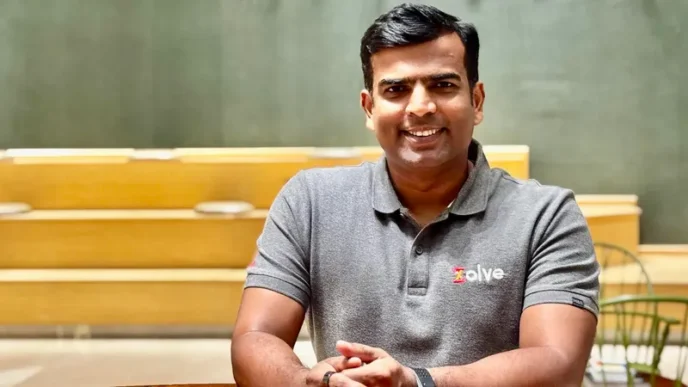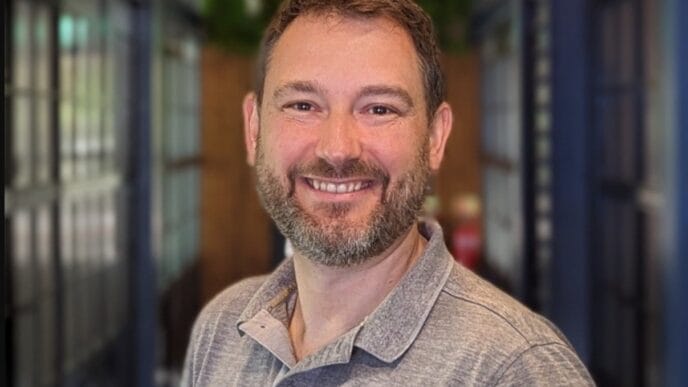Sprinter Health just raised $55 million to supercharge its at-home healthcare service. The startup, launched during the pandemic by Max Cohen and Cameron Behar, aims to reach patients who can’t be served through virtual care.
While telehealth took off, Sprinter Health saw a gap. Many people still need in-person services. So, the company started offering home visits for blood draws, diabetes eye checks, and cancer screenings. The goal is simple: help people reconnect with healthcare—without leaving home.
Now operating in 18 states—up from just five last year—Sprinter Health has grown quickly. According to CEO Max Cohen, revenue has increased six-fold in just 12 months. This momentum helped the company close a major Series B round led by General Catalyst. Other backers include Andreessen Horowitz, GV (Google Ventures), Accel, and the Regents of the University of California. The new capital brings total funding to $125 million.
One reason for the company’s success is its smart tech. Sprinter Health uses logistics software to optimize every route and visit. This allows its phlebotomists, medical assistants, and health workers to serve up to 12 patients a day. The system factors in traffic, weather, and parking to make sure staff spend more time with patients—and less time driving.
Cohen says the mission is clear: maximize every minute spent delivering care.
That precision is crucial for making the business sustainable. Julie Yoo, general partner at Andreessen Horowitz and a Sprinter Health board member, points out that many home-based care startups fail due to high operational costs. But Sprinter Health runs more like Instacart or DoorDash—where efficiency is everything.
Thanks to these systems, Sprinter Health offers free services for people covered by Medicare and Medicaid. That means more access for underserved patients who often avoid or delay care.
With this new funding, Sprinter Health plans to grow its team, expand into new states, and keep making at-home healthcare easier, faster, and more affordable.













